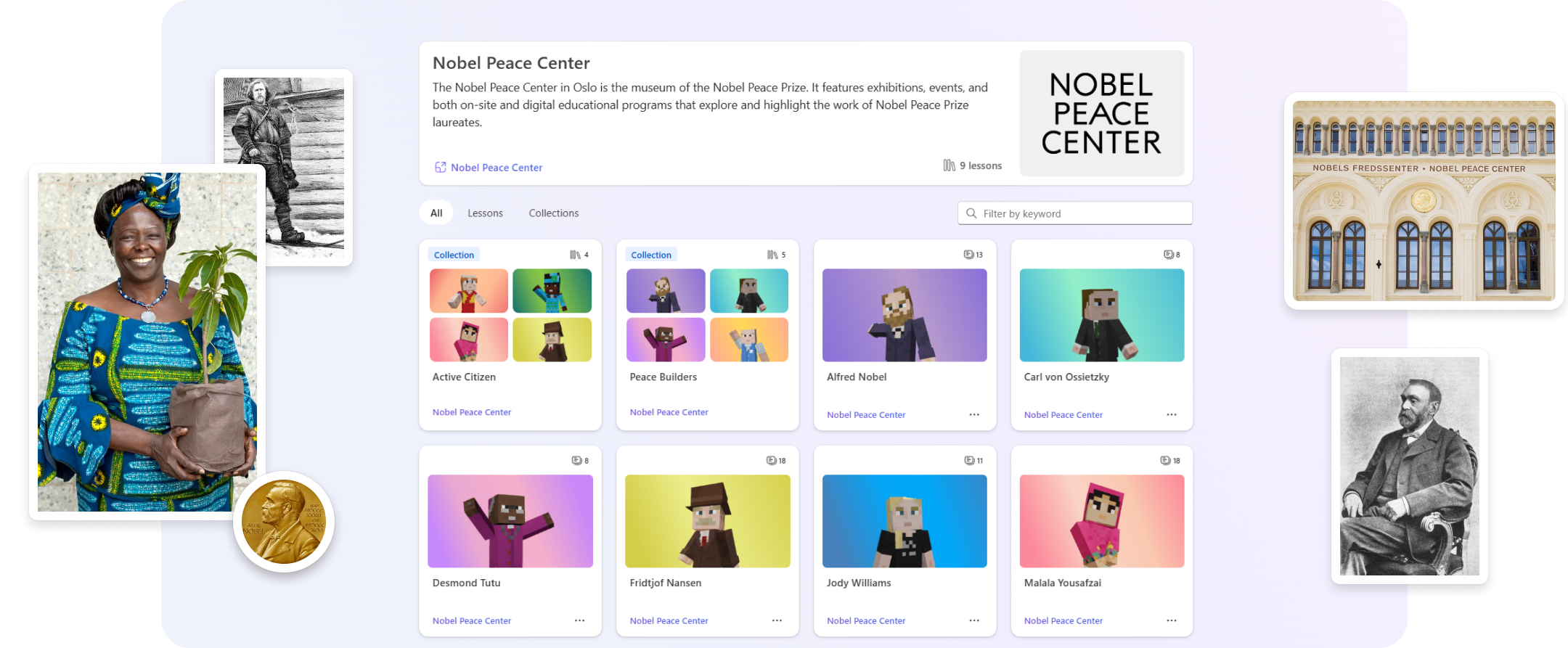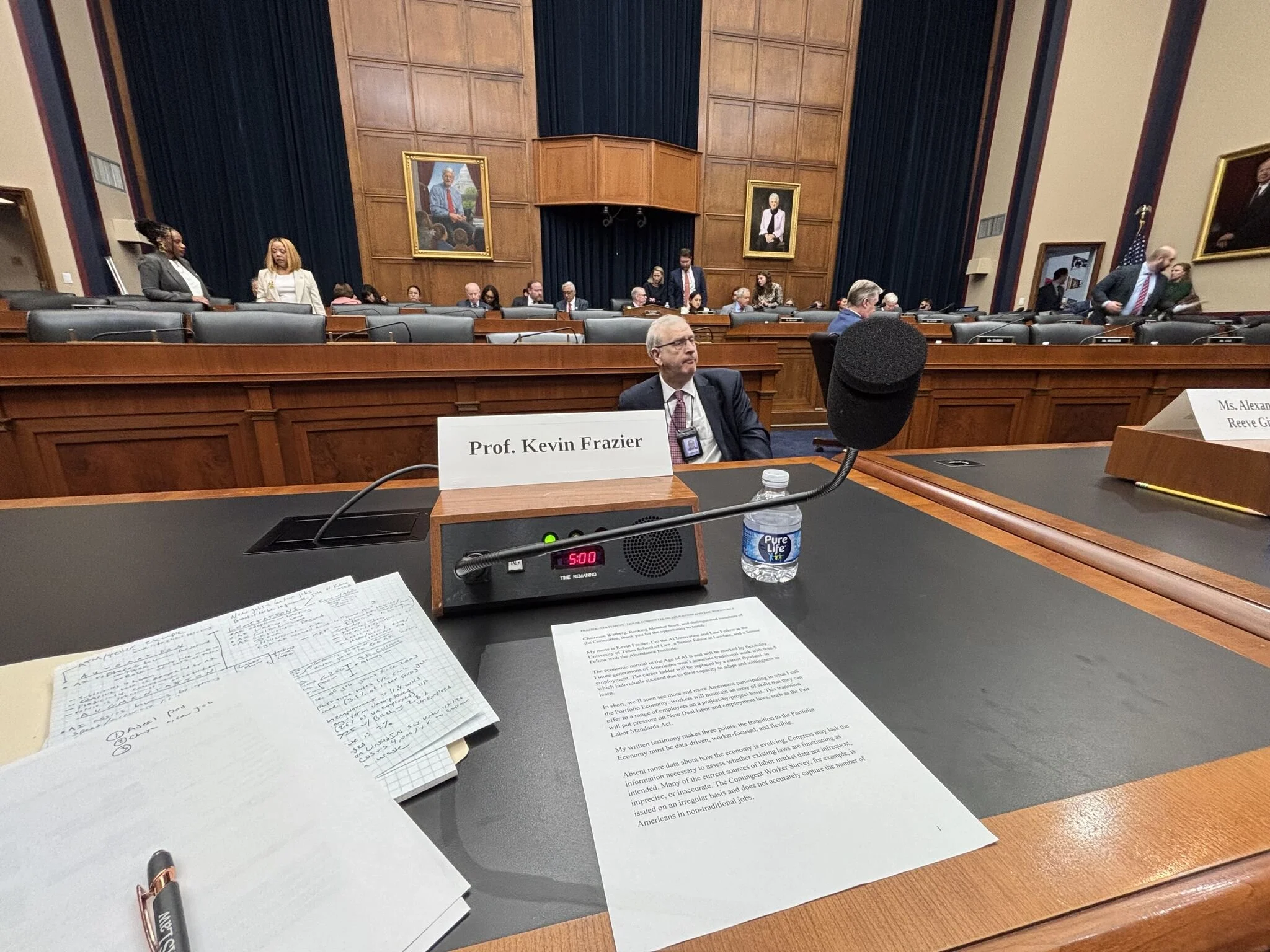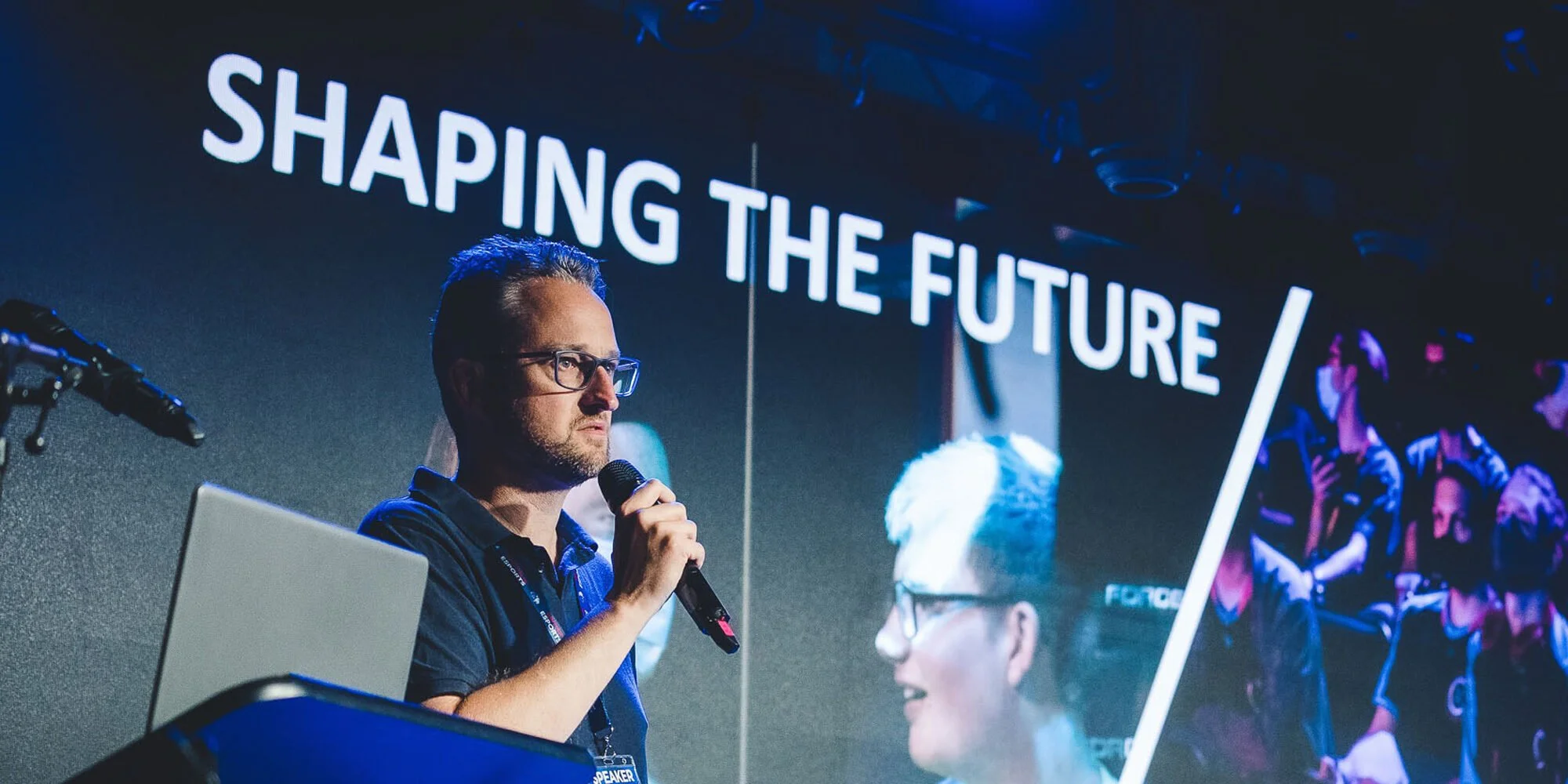Preprints.org launches reading tools and community awards to mark World Book Day
Initiatives aim to improve research visibility and global engagement through curated lists and open participation

Preprints.org, a multidisciplinary preprint platform operated by Open Access publisher MDPI, has launched a Reading List feature alongside two community engagement programs. The announcement coincides with World Book Day 2025 and reflects the platform’s continued push to support early-stage research and open science.
Part of MDPI’s broader publishing ecosystem, Preprints.org allows researchers to share versions of scientific papers prior to peer review and formal publication. The platform says its new tools are designed to make organizing and sharing preprint content easier while creating opportunities for participation and recognition among readers and authors.
New feature for content curation
The Reading List tool allows users to create both public and private collections of preprint articles. Public lists will be featured on the Preprints.org World Book Day page, where others can favorite or engage with the content. According to MDPI, the feature offers a simplified way to organize and circulate preprints, opening the door to wider scholarly discussion.
Incentives through new programs
Alongside to the reading list, Preprints.org has launched two participation-based programs: the Preprint Reading Marathon and Reader’s Choice. Participants in the Reading Marathon can earn certificates and discount vouchers for MDPI Author Services by compiling and reading preprint lists. Reader’s Choice invites users to share their reading lists publicly and gain endorsements to qualify for additional recognition.
Lloyd Shu, product manager at Preprints.org, says: “With the launch of the Reading List feature and our new community programs on World Book Day, we’re strengthening Preprints.org’s role as a hub for early research and scholarly engagement. This launch is all about connecting our community, making it easier for academics to organize research and spark global discussions.
“Whether you’re an author sharing your work or a reader exploring new ideas, these programs add a dynamic and rewarding layer to the experience, while also encouraging broader participation in the open science movement.”




















